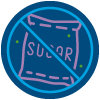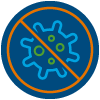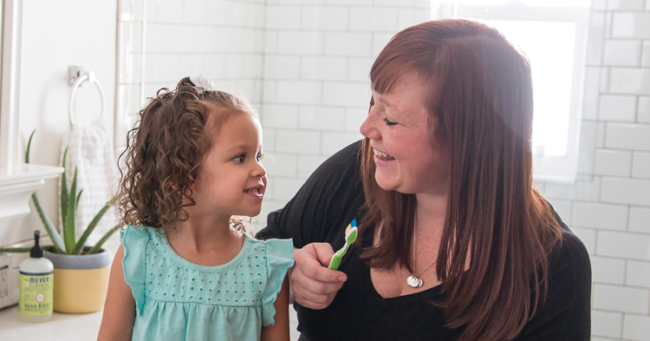Even before your baby’s first tooth shows up, they’ve got a full set of 20 baby teeth developing under the gums. These little teeth matter a lot. They help your child eat, talk, smile and save space for their adult teeth. If baby teeth get cavities or fall out too early, it can lead to pain, infections or future dental problems—like crooked or crowded permanent teeth.

Caring for Baby Gums and Teeth
You don’t have to wait for teeth to appear. Here’s how to begin:
- Wipe your baby’s gums with a clean, damp cloth every day
- Once the first tooth comes in (usually around 6 months), start brushing 2 times a day with a soft infant toothbrush and a smear of fluoride toothpaste (about the size of a grain of rice)
- Never share spoons, cups or toothbrushes—it spreads germs that cause cavities
- Don’t put your baby to bed with a bottle of milk, juice or anything sugary
- Plan their first dentist visit when their first tooth comes in or by their first birthday
Need Help Finding a Dentist?
Check out Find-a-Dentist or the America’s Pedatric Dentists search tool. Many dentists accept AHCCCS and KidsCare.

Help When Your Baby is Teething
Teething can make babies fussy, drooly or eager to chew everything. You can help soothe them with:
- A gentle gum massage using a clean finger
- A chilled teething ring or wet washcloth
- A pacifier that’s been cooled in the fridge
How to Prevent Tooth Decay
.1. Brush Every Day

- Starting brushing when the first tooth comes in.
- From 6 months to 3 years: Use a smear of fluoride toothpaste
- Age 3 and up: Use a pea-sized amount
- Brush twice a day—after breakfast and before bed


2. Limit Sugar
Skip sugary snacks and drinks, especially before bed. Offer water between meals and try snacks like fruit, cheese, or whole grain crackers. Teach your child about “anytime foods” (healthy) and “sometime foods” (treats).
 3. Don’t Share Germs
3. Don’t Share Germs
Avoid sharing utensils, food or cleaning a pacifier with your mouth. Your child is born without cavity-causing germs, but they can pick them up from you.
 4. Visit the Dentist Every Year
4. Visit the Dentist Every Year
Your child needs a dental check-up starting at age 1 and every year after. Early visits help prevent problems and save money later.
No Dental Insurance?
Check these low-cost options:
- Arizona Reduced-Fee Dental Clinics
- Tribal Dental Clinics
- Community health centers with sliding scale fees
- Ask your local WIC or Head Start for help
What is Fluoride—And Why it Helps
Fluoride is a natural mineral that strengthens teeth and helps prevent cavities.
If you suspect a cavity, look for:
- White spots or lines near the gums
- Brown spots on the teeth
These can be signs of early decay. Don’t wait—make a dental appointment right away.
Cavity Prevention is a Family Affair
Taking care of your teeth during pregnancy is an important part of keeping your baby healthy. Oral health problems can be more common during this time, so it’s a good idea to brush, floss and see the dentist regularly.

Starting healthy habits during pregnancy helps protect your baby’s teeth, too—because cavity prevention is a family effort. When you care for your own smile, you’re also setting your child up for a healthy start and a happy smile of their own.

